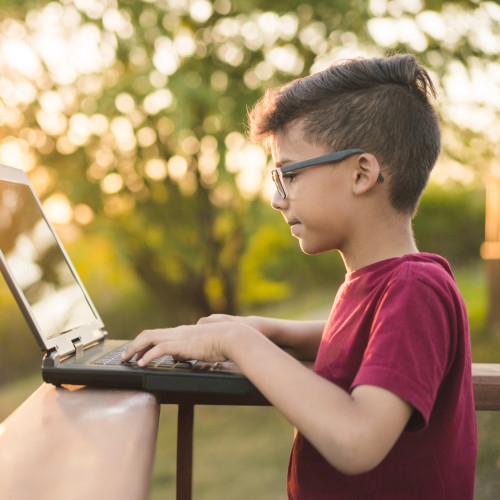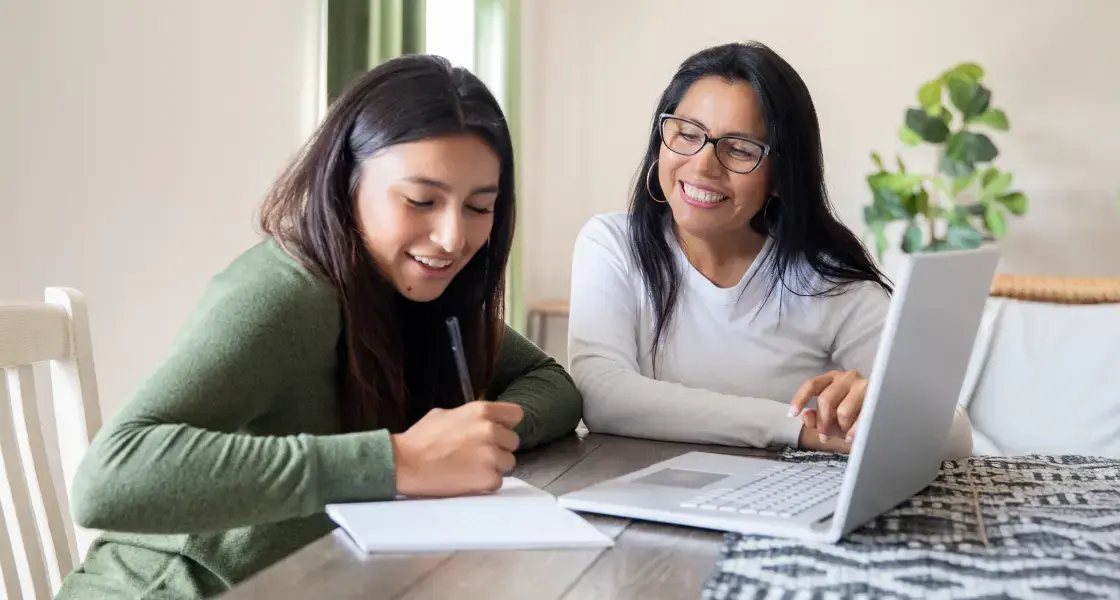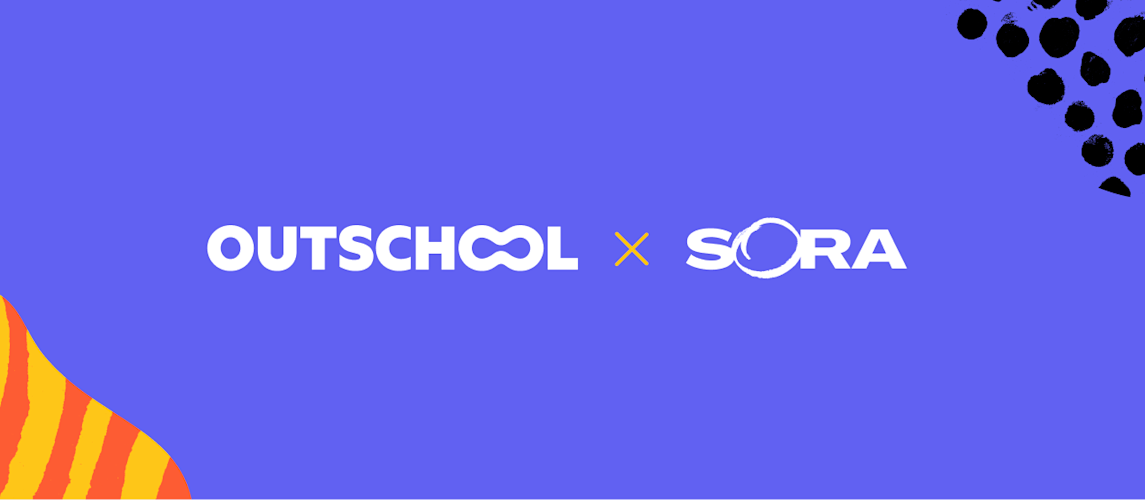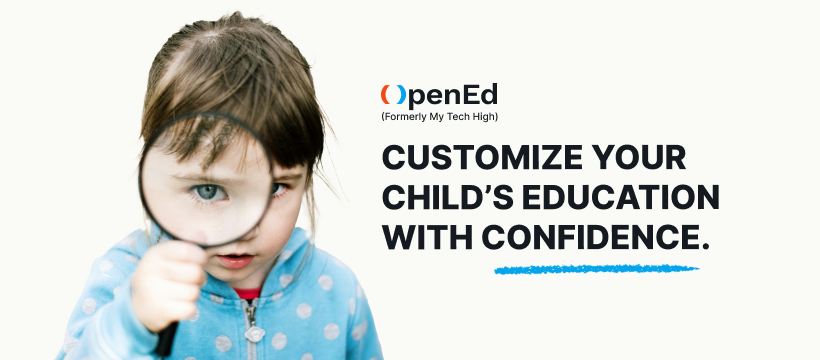The COVID-19 pandemic invited learning into the homes of U.S. families in ways never before seen in modern history. Instead of relying on teacher reports and one-word answers at the dinner table (“How was school?” “Good.”), millions of parents suddenly had a front-row seat to the realities of how and what their kids were actually learning.
In many ways, the pandemic upended schooling and learning as we know it. In addition to the rise in families choosing and continuing to homeschool, associated demographic shifts suggest that newer homeschoolers are increasingly less conservative, more diverse, and less religious.
In April 2024, two years after our research into the new wave of homeschoolers, we surveyed over 1,000 parents of school-aged children to understand how their perceptions of schooling have shifted in the years since peak COVID-era learning. The message was loud and clear: education is ripe for change, and parents are increasingly open to alternatives.
For a visual summary of the report, visit this link.
Those already seeking non-traditional alternatives are more likely to be very satisfied than public schoolers.
When asked about their child’s current educational experience, 69% of parents of children in microschools, co-ops, or learning pods, 53% of homeschoolers, 55% of private school parents, and 44% of virtual schooling parents said they are “very satisfied.” Only 27% of public school parents said the same.
Parents are unsatisfied with education today for many reasons, from safety to preparation for the “real world.”
Of parents who said they were unsatisfied with their child’s current educational experience, 44% named bullying atmosphere/social issues, 43% said their child was not being prepared for the “real world” due to outdated curriculum, 35% called out concern over school shootings and gun violence, and 35% said there is too much emphasis on teaching to standardized testing.
Student safety is a core driver of parents seeking alternative schooling and one of the most commonly cited shifts in perception of education post-pandemic.
Gun violence weighs heavily on the minds of families with children in public schools. When asked if their opinions about education have shifted since before the pandemic, the most common response (34%) was that parents are more concerned about gun violence in schools today regardless of whether they’re satisfied or unsatisfied with their child’s education.
FIRST MONTH FREE!
Get support that meets kids where they are.
Learn moreThe majority of parents crave educational models tailored to individual needs.
One of the most resounding takeaways is the opportunity for families to find education solutions that are more tailored to their child. 78% of respondents agree that the traditional education model needs to be reimagined to better serve personalized learning, and 86% of parents agree or strongly agree that parents should have more choice and involvement in their child’s educational journey.
Traditional schooling models are not perceived as preparing kids for the future, especially post-pandemic.
When asked if their opinions about education have shifted, the third most common response was that parents are more concerned about their child’s ability to be successful after graduation than they were pre-pandemic.
Half of parents feel learning and social gaps have been addressed, but math readiness remains a core issue.
When asked where their kids were struggling from pandemic-related school disruptions, math was the top area named. While 52% of parents surveyed said they don’t feel their children are still behind or struggling from COVID-related school disruptions, parents of public, private, and charter school kids were more likely to express concern in this area. Among parents with children in physical charter schools, only slightly more than a third report that their kids are not experiencing any gaps in learning post-pandemic. Despite strong signals of interest from parents about new, innovative schooling options, 31% of parents say they have gained more respect for public school teachers.
Alternative educational models like state-sponsored ESAs are gaining traction, even with those currently embedded in traditional models like public and private school.
When asked, “would you or are you considering homeschooling,” 35% of public school parents said yes. That number is even greater with current charter and private school parents (51% and 47%, respectively). Nearly a fourth of respondents say they are more interested in alternative forms of schooling (such as homeschooling, microschooling, and worldschooling) since the pandemic, and 22% of parents say they now have less faith in traditional public schooling.
For a visual summary of the data shared above, visit this link.






.svg)
.svg)







